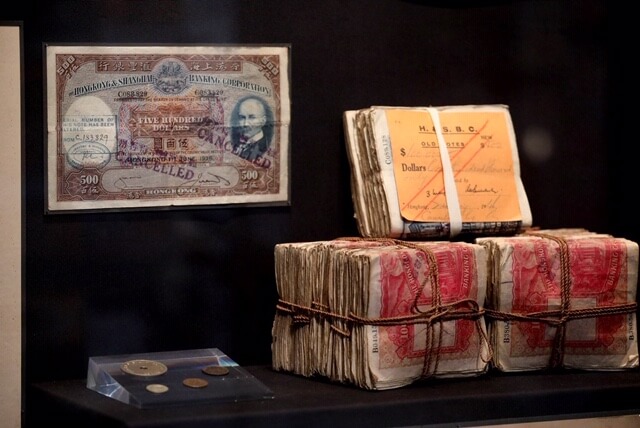
“Corporations resemble nations in that they reflect the accumulation of past events and the shaping force of underlying genetics that have roots in prior generations.” Built to Last: Successful Habits of Visionary Companies, Jim Collins & Jerry I. Porras
This was an article written back in 2014 for a business publication. It is as relevant now as it was then:
There is plenty of talk these days about saving Hong Kong’s historical buildings from the wrecker’s ball. The purchase of Kom Tong Hall by the Government, the preservation of the Central Police Station and the call for the protection of the Star Ferry and Queen’s pier, reflect growing public concern about the link between historical evidence and identity.
But what about the heritage that lies within companies? What value can we put on both the tangible and intangible heritage within our own businesses? And how can we maximize it?
There are a number of long-established companies in Hong Kong that use their heritage well. Jardines have corporate archives in the UK managed partly by Cambridge University. John Swire & Sons Limited is well known for its understanding of the importance of its own heritage, and works with Bristol University’s Department of Humanities as a major sponsor of the Historical Photographs of China project. In May of last year, Sir Michael Kadoorie commissioned a project team to acquire and collate documents and testimonies of historical significance relating to the Kadoorie Family, China Light and Power (CLP), and Hong Kong and Shanghai Hotels Group, amongst others.
One mistake that many younger companies make is to think that you need a hundred years of history and a huge archive to have a heritage worth preserving and sharing. Given Hong Kong’s dynamism and the incredible growth of China, many younger companies have some amazing stories to tell. And as with all matters of heritage, time is of the essence. As members of staff change stories of the company’s evolution get lost. If company events are not properly recorded they can disappear without trace. Key documents, photographs, awards and artifacts can get lost or damaged simply because no one has been tasked to look after them.
But it’s not simply about retaining a good archive. History is largely about compelling storytelling. For instance, what happens when a Senior Manager or CEO retires? All that wisdom, all those stories of the company’s evolution accumulated over decades can be lost overnight. And that heritage has real value. A well-told company story has the power to effectively communicate who you are, transmit values, share knowledge, provide a springboard for action, and inspire both new and existing employees.
Having spent over fifteen years in the museum and corporate visitor centre design industry, Chris White believes that there are many companies out there that are not making the most of one of their most abundant assets – their past. Having worked with companies such as Hongkong Telecom, PCCW, Swire Properties and, in the UK, Ford, and The Wellcome Trust on brand experiences, he saw that large corporations were willing to spend money on one-off celebrations of their achievements, but were not always good at consistently following through on a corporate heritage programme. “It’s about how a company stays in touch with its fundamental values”, Chris says. “How does a company ensure that its founding values are woven into everything it says about itself without a strong sense of historical identity? Heritage matters for Hong Kong companies too.”
Often it is the marketing department that has the responsibility of keeping the torch of the company’s history alight. But with so many other demands on its attention and only so many hours in the day, corporate heritage can end up being a neglected resource, lost amongst the bright lights of new initiatives. It is also unusual for a company to have in-house expertise with a special focus on historical archiving and its use. And that is why Chris set up Your Curator. “This is a new thing for Hong Kong, but a greater appreciation of heritage generally is making people wake up to how their own company’s story can explain how it got here, what it stands for today and where it is going,” he adds.
There are three main stages to our service. Firstly, a review can be carried out to see how heritage is used within your company and what systems are in place for archiving material. This could throw up a number of possible courses of action such as workshops to reconnect with the company’s heritage or identifying former employees to interview. In turn, this might culminate in some expression of the company’s heritage – be it an extra section on the website, a book or an exhibition. Or it might just be a watching brief on the way heritage is used to market the company. We have various levels of consultative packages to meet your company’s specific heritage needs.
Winkle-picker has produced many successful corporate heritage products including the HSBC Archives Gallery and the HSBC History Walls.
